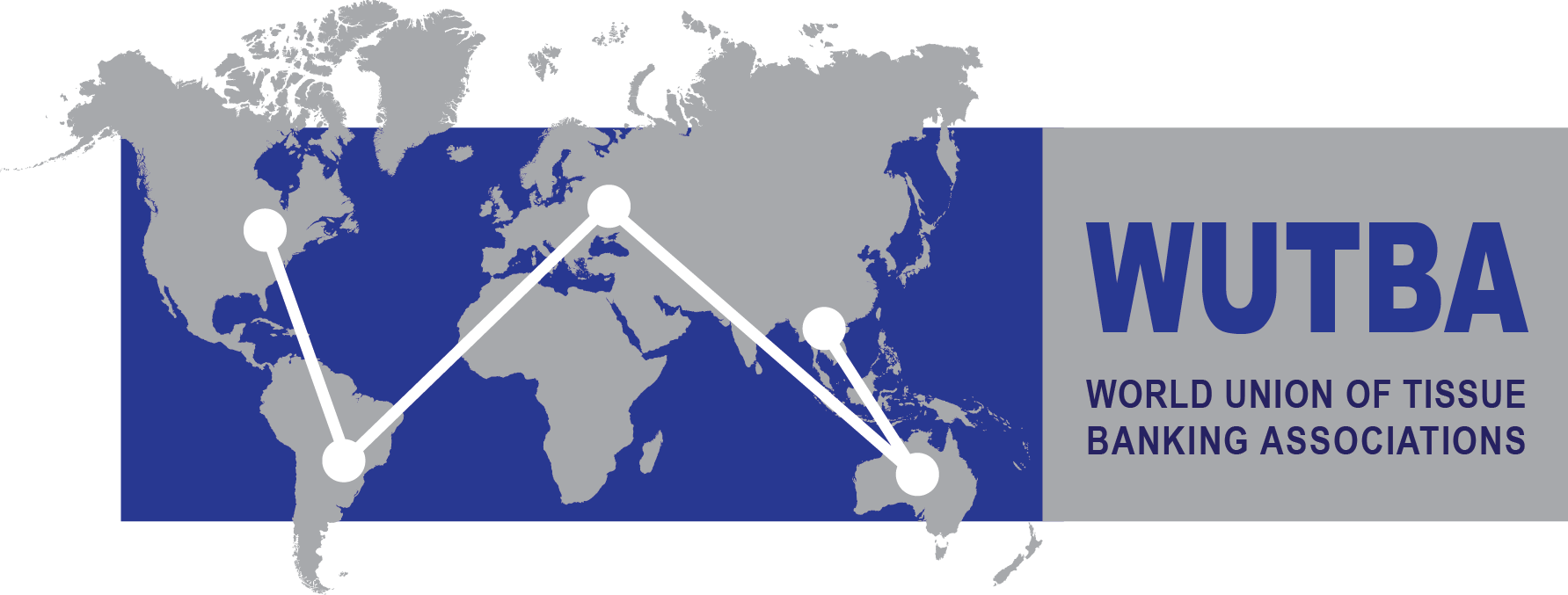Safe and rapid patient care with tissue transplants - a mission that unites. A review on the 9th ALABAT Congress in Colombia.
The 9th ALABAT Congress took place from 6 to 8 November in Bogotá, Colombia. An opportunity for representatives of tissue banks to exchange experiences, present developments, identify common challenges and use synergies. WUTBA was able to support in total eleven speakers with a travel grant through DGFG fundraising.
The Congress of the Association of Latin American Tissue Banks (ALABAT) is held every two years. With a total of 150 participants and 45 speakers from 17 different countries, this year's conference in Colombia was the largest to date.
’My impression is that this was so far the most important ALABAT congress. With the participation of various organisations and authorities, the exchange was comprehensive, proactive and decisive for the next two years in tissue medicine in Latin America,' says Dr Francisco Martínez, President of ALABAT and Director of the Skin and Tissue Bank at the National Rehabilitation Institute in Mexico.
During the three days, the donation situation in the individual countries, the approach of the tissue banks to the processing of the different tissues, the quality assurance in the banks and the country-specific legal regulations were presented and discussed in a total of ten thematic blocks. Brazil, Argentina, Colombia and Mexico already have access to a network of several tissue banks and are partly linked to national tissue donation organisations. In countries such as Chile, Peru, Ecuador and Nicaragua, tissue banks linked to clinics operate mostly autonomously.
Latin American countries face similar challenges
However, it became clear during the congress that the challenges faced in tissue donation programmes and banks in different Latin American countries are often the same. Inadequate funding of public health systems, high inflation rates, and the financing of imported goods, such as the nutrient solutions used to preserve corneas, make it difficult for tissue banks to move away from imported tissue transplants. There is often a lack of standardised and tested quality standards for tissue transplants, as well as a lack of public awareness and willingness to donate tissue. The conference discussed some solutions that have already been implemented. Meanwhile, the motivation to work on further solutions is high.
‘It is great to see how much has happened in individual tissue banks and different countries since the last congress two years ago. Things are moving forward - but above all, donation programmes need to be expanded. With improved organisation, Latin America could become self-sufficient in tissue transplants and no longer depend on expensive imports from abroad. There is still a long way to go, but congresses like this show how important the exchange and cooperations are for each individual tissue bank,’ says Martin Börgel, Secretary General of the WUTBA.
Inspiration and new cooperation networks
Speakers included experts from several Latin American tissue banks, representatives from governmental organisations and international experts from Germany, Belgium, Austria, the USA and South Africa.
‘I am grateful for the great support we received from the speakers and participants. We found a high level of motivation to continue the personal contacts and collaborative networks that were established here,' says Astrid Malagón, director of the Bogotá Tissue Bank and organiser of the congress.
Some banks have agreed to provide technical training in processing and quality assurance to others. Many participants came back with new ideas for their own practice.
Dr. Dr Jao Batista da Silva
‘I found it very interesting to learn about the approaches of other countries - especially outside Latin America - because it gives us the opportunity to implement those in our own country. I now have some ideas that I would like to use to improve our approach,' reports Dr Jao Batista da Silva, responsible for tissue medicine at the Brazilian Health Inspectorate and Travel Grantee.
For some of the congress participants the opportunity to interact with like-minded people is a rarity and therefore particularly important. That is the case for Dr. Leyla Melendez, director of the only tissue bank in Peru and Travel Grantee.
’Before this congress, I didn't know anyone who ran a tissue bank. I didn't know who to ask for advice on certain problems. Through the congress, I got to know people who had dealt with the same problems and with whom I could discuss their approach. That was very helpful. I have built up a network of people I will be able to call on for advice and support in the future.’
Dr. Leyla Melendez
Finally, all ALABAT participants agree on a common mission: to provide the Latin American population with high-quality and safe tissue transplants on a large scale and within a short period of time. The next ALABAT Congress in two years' time will be held in Sorocaba, Brazil.















